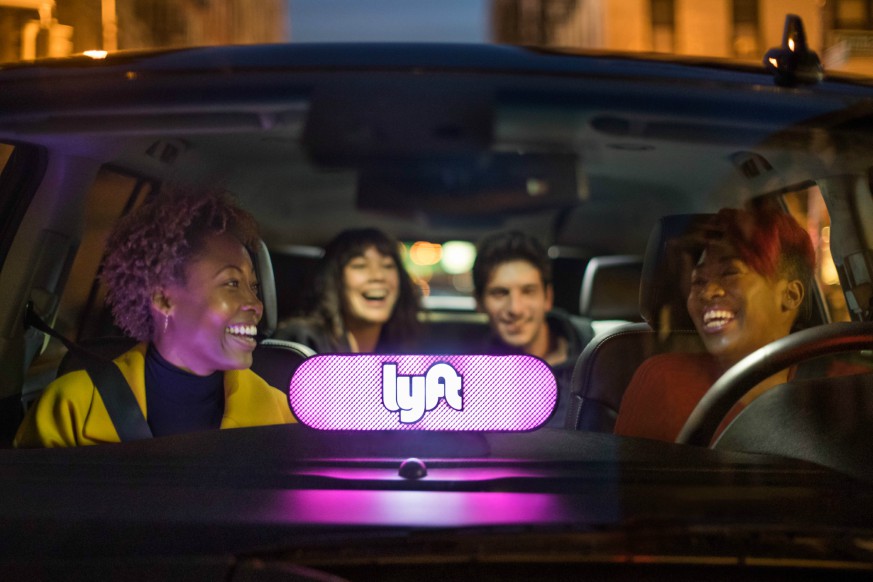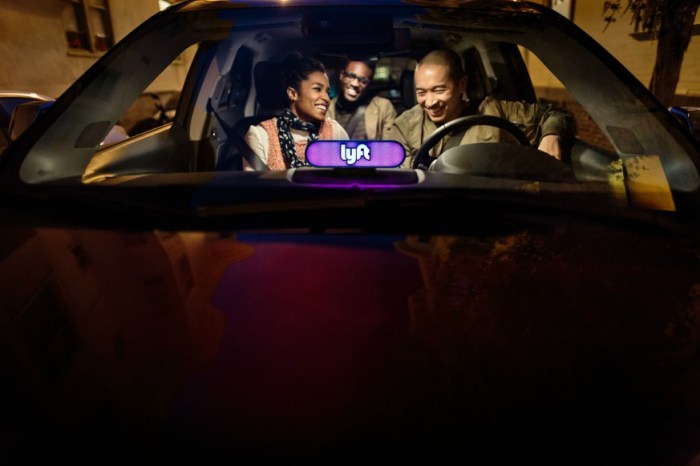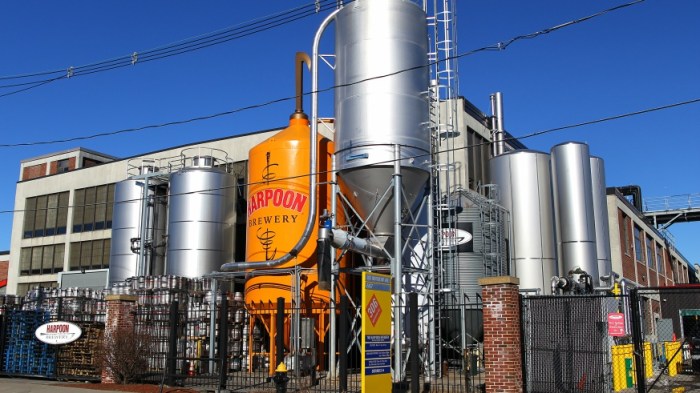Traversing the city via mass transit is often a daunting task for the nearly 1 million New Yorkers who rely on wheelchairs and other mobility devices because of a disability. But by yearend, Lyft may be a new alternative as the company will bring a fleet of wheelchair-accessible vehicles to New York City.
“Lyft is committed to providing rides to those who need them most,” Vipul Patel, general manager of Lyft New York City, told Metro. “Today we’re proudly committing to add 100 wheelchair accessible vehicles to the Lyft platform in New York City by the end of the year.”
Patel said the addition of the accessible vehicles has been in the works for months and the fleet will be a variety of minivan models.
“Our focus is on reliability and the comfort and experience of passengers,” he said, adding that “passenger pricing will be the same as Lyft’s standard ride.”
The wheelchair-accessible vehicles will be available in all five boroughs, Patel said.
Lyft’s announcement comes the day after disability advocates filed an amicus brief opposing a lawsuit filed last month by a coalition from the city’s for-hire vehicle industry to overturn the Taxi and Limousine Commission’s amendments to Rule 59.
Rule 59 requires the FHV industry retrofit or purchase new vehicles to make 25 percent of FHVs wheelchair accessible by 2022. Additionally, 5 percent of FHV fleets must be compliant by July 1 or owners and operators will face fines and license suspensions.
“This is a positive and encouraging step towards improving transportation accessibility for New Yorkers with disabilities. However, having more vehicles isn’t the whole story,” said Ruth Lowenkron, director of the disability justice program at New York Lawyers for the Public Interest. “It’s essential that Lyft and all the other for-hire vehicle companies follow the law and provide equivalent service in every regard; most critically, this means dispatching accessible cars as fast as they do inaccessible cars.”



















